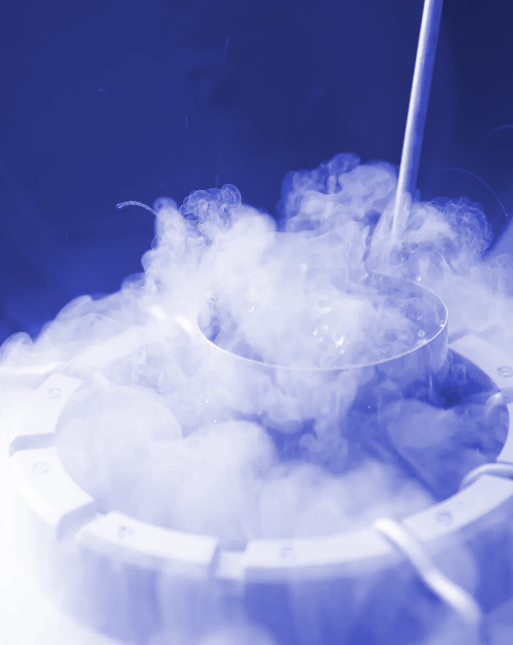Cancer cryo service launched
 A new national cryopreservation service has been created to improve access to fertility care for young cancer patients.
A new national cryopreservation service has been created to improve access to fertility care for young cancer patients.
Experts have welcomed the recently developed national transport and cryopreservation service.
Loss of fertility is a well recognised complication of cancer treatment and is ranked as one of the top survivorship concerns. Fertility preserving options are now recognised as a mandatory part of cancer management, however, barriers still remain.
These barriers include a lack of education of health care providers about both the long term fertility consequences of cancer treatment, as well as significant logistic, geographic and economic barriers for patients, especially outside the major centres.
Currently less than half of all young people take up fertility preservation in a timely fashion. Ovarian and testicular tissue cryopreservation is not accessible at all to over 70 per cent of people who would benefit from this opportunity.
The Fertility Preservation Service at the Women’s in Melbourne has developed the National Ovarian and Testicular Transport and Cryopreservation Service, allowing collaboration between local units and specialised centres, with professional and patient education as part of the program.
“The establishment of a centralised national tissue retrieval and transport program allows gonadal tissue harvesting to take place in a local centre with subsequent transportation to the central laboratory for processing, cryopreservation and storage,” says Dr Genia Rozen, a gynaecologist and fertility specialist at Royal Women’s Hospital and Melbourne IVF, and Associate Professor Kate Stern, Head of Reproductive Services at the Women’s.
“Communication with the National Ovarian and Testicular Transport and Cryopreservation Service team occurs via a paging service which is checked daily by a dedicated nurse, with treating clinician and, when appropriate, patient follow-up by teleconference.
“Subsequently, ovarian tissue grafting may be performed at the Royal Women’s Hospital or the tissue can be transported back to the local centres.
“The service also provides follow-up and psychological support for patients, and educational resources to assist with all aspects of fertility preservation, both for patients and health practitioners.”








 Print
Print